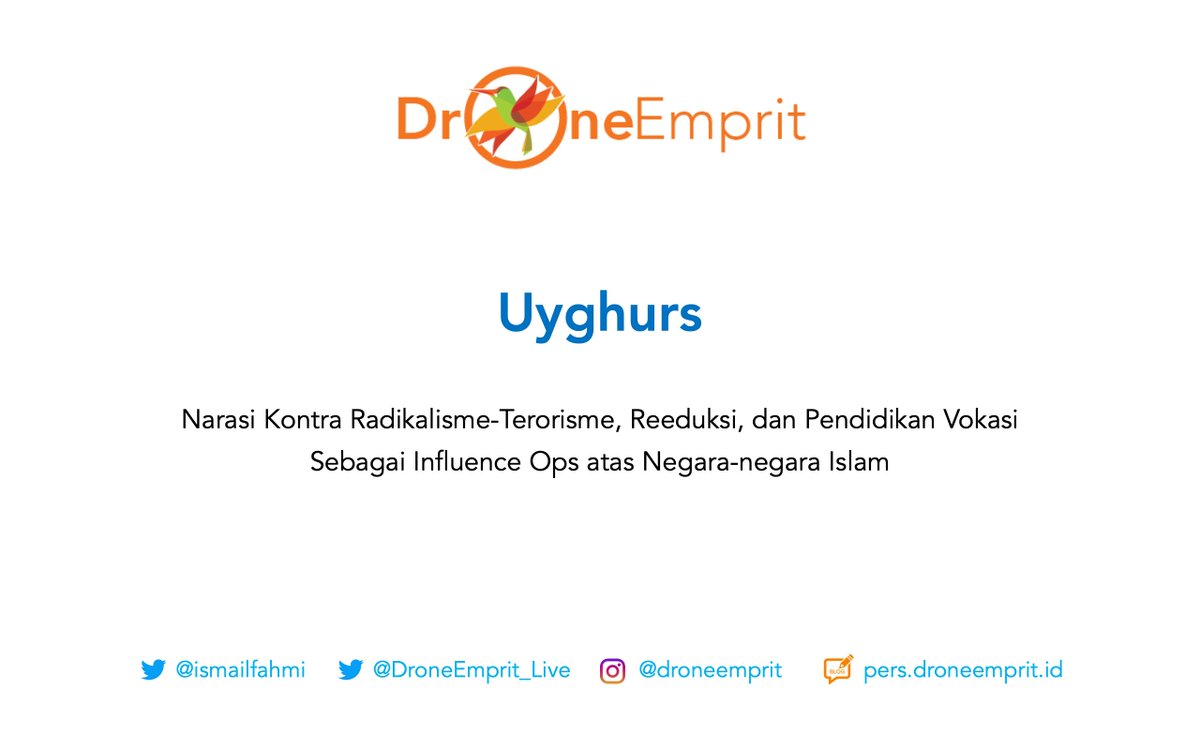This gives extended notice and encourages performance on judgments. Satisfying judgments is the goal of the list after all.
Some of the major concerns about the list have concerned whether its punishments are excessive in individual cases, so the court has added a few clear areas where punishments shouldn't be used:
b- the judgment defaulter is a student in a full-time school, with debts arising from discouraged 'campus loans' which are often predatory loans to students.
This is a nod to recognizing the punished corporate entity's distinct legal existence.
Courts are also expected to affirmatively find errors.
The rules give 3 working for removals and further threaten liability not just for taking longer, but also for taking 3 days when it could be quicker.
The rules recognize this and encourage efforts to protect children's' rights and minimize negative impact.
Hopefully, it can be removed entirely at the next revision of the rules on spending restrictions. chinalawtranslate.com/en/supreme-peo…
Judges already have the discretion to select among spending restrictions, but a more organized system is a positive step.
There is still a lot of work to be done.





